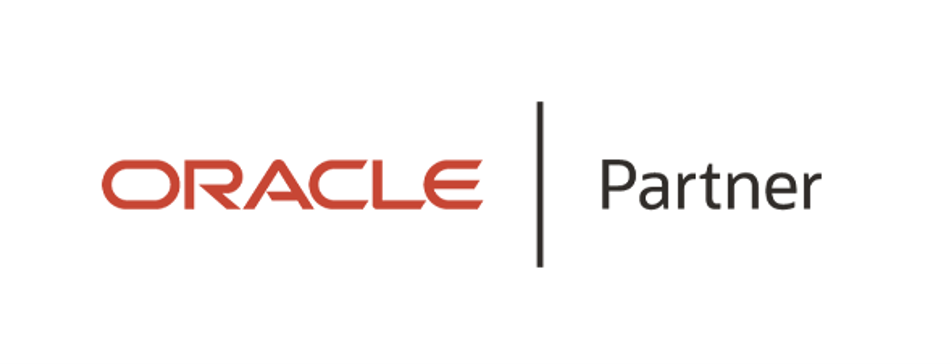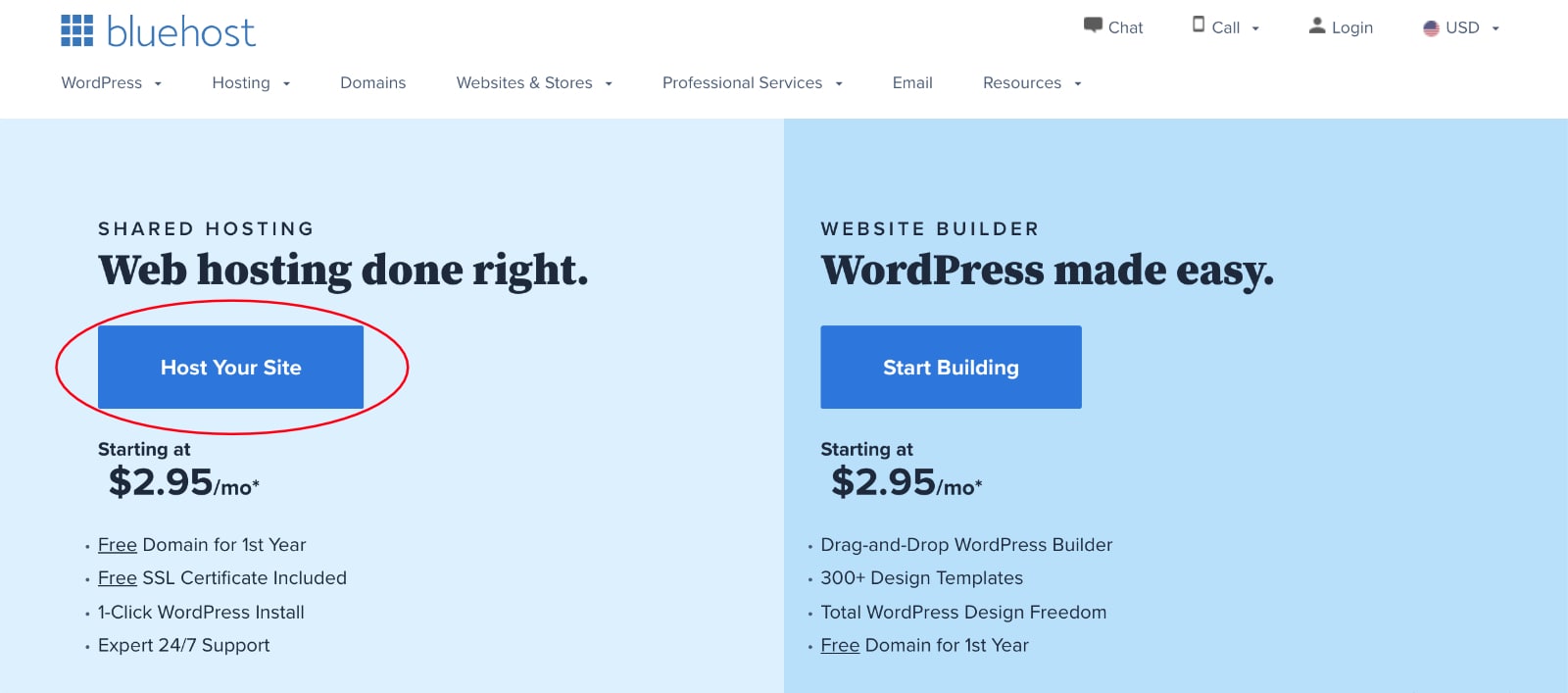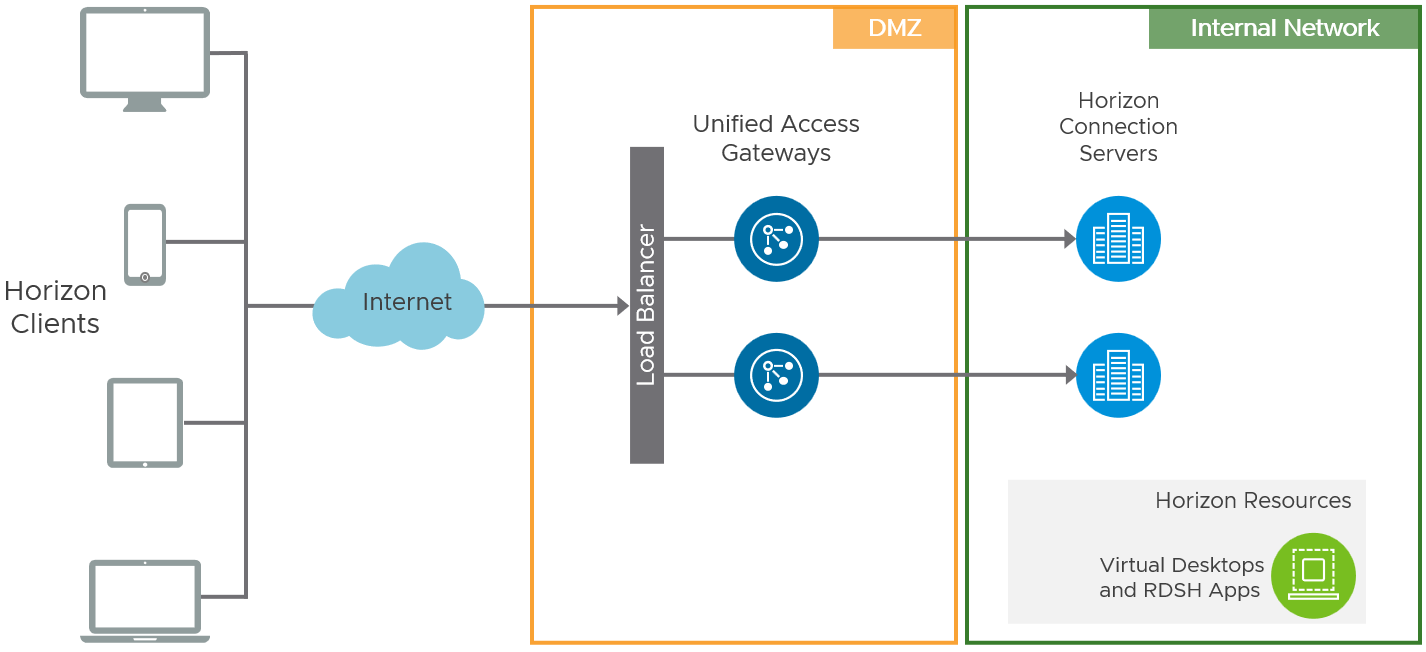
Whether you're planning to launch a new business website or simply looking for a better web hosting solution, there are several things to consider before choosing a hosting provider. This includes server uptime and security measures as well as customer support.
The Best Web Hosting For Small Businesses
It's important to choose a web host that has the tools and features your site needs. This will save you time and money in the long run, as well as ensure that your site is always up and running.
It's important to consider your needs. Most top web hosts have multiple options that can be tailored to different budgets and needs. It includes bandwidth, storage space, control panel, and other security measures.
It is recommended that you have at least 10GB, but 50GB will usually be enough for an entry-level small business site. However, you'll need to increase this amount as your site grows and you start requiring additional features.

A2 Host is a very secure host, with an emphasis on performance. It puts simplicity above all else. The cheapest plan includes unlimited bandwidth, email accounts for free, and WordPress optimized websites. It also has a cPanel for business websites that is easy-to-use and flexible.
Bluehost can be a great choice for large business websites. Their Plus plan provides unlimited website resource, such as domains, storage space, and subdomains. The plan also includes standard performance experts and anti-spam specialists, plus a Microsoft 365 email for free for the first 30 days.
Founded in 2002, HostGator is known for its low-cost hosting solutions, but it also provides a powerful business web hosting solution. The customer service team at HostGator is responsive and well-informed. They also offer many helpful resources that will help you get going.
This is a good choice for smaller businesses who want to build a website. A simple drag-anddrop interface allows you to create a site that looks professional without any coding.
DreamHost's 20-year history makes it a solid choice for any business looking for reliable and affordable hosting. Their cheapest plans are great for small businesses, and they're incredibly easy to manage.

A2 Hosting - High Page Load Speed and Security
A2 Hosting is an ideal choice for small businesses that want to focus on page load speed. It offers a number of performance-enhancing features, such as optimized Turbo plans and Anycast DNS. Its cheapest package also includes unlimited email and bandwidth. Support staff are responsive and knowledgeable.
Hostinger is a reliable and fastwebsites.
Hostinger has a 99.9% uptime and is the perfect choice for any small business looking for reliable hosting with plenty of customization options. Hostinger also lets you host your web site in various locations including the UK. Brazil. Netherlands. Singapore.
You should choose a company that is known for its high-quality customer service and has an excellent uptime record. Your business website will need to be available online at all times, and you won't want to risk losing customers or clients because of a poor server uptime.
FAQ
Which website builder should I use?
You can start small and build a solid web presence. If you have enough time and resources, build a site. If you don't have the resources to build a full-fledged site, a blog may be the best choice. You can always add features later as you learn how to design and develop websites.
Before you start building your website, it is important to establish a primary domain. This will provide you with a point of reference when you publish content.
What is a responsive design web design?
Responsive Web Design (RWD) is an approach to designing websites where content displays responsively on all devices - desktop computers, laptops, tablets, smartphones, etc. This allows users the ability to view a website simultaneously on different devices and still have access to other features like navigation menus, buttons, and so forth. RWD is intended to ensure that any user viewing a site views the exact version on their screen.
For example, if you were building a website for a company whose products sell primarily through eCommerce, you would want to ensure that even if a customer viewed your website on a smartphone, they could easily purchase items from your store.
A responsive website will adjust its layout automatically based on what device is used to view it. So, viewing the site on your laptop will look like a standard desktop website. However, if you're viewing the page on your phone, it will display differently.
This means that you can create one website that looks great across all devices.
Are there any technical skills required to design and build my site?
No. You just need to be familiar with HTML and CSS. Online tutorials can be found that cover both HTML and CSS.
What Websites should I make?
The answer to this question depends on your goals. To build a business around your website, you may want to focus on selling products online. To do this, you will need to create a strong eCommerce website.
Blogs, portfolios, forums, and other types of websites are also popular. Each of these requires different skills and tools. If you are looking to start a blog, then you need to know about blogging platforms like WordPress and Blogger.
When you choose a platform, you will also need to figure out how to customize the look of your site. You can find many free templates and themes for every platform.
Once you have decided on a platform, you are able to start building your website by adding content. You can add images and videos to your pages.
When you are ready to launch your new website, you can publish it online. Your site is now available for visitors to view in their browsers.
Statistics
- Is your web design optimized for mobile? Over 50% of internet users browse websites using a mobile device. (wix.com)
- The average website user will read about 20% of the text on any given page, so it's crucial to entice them with an appropriate vibe. (websitebuilderexpert.com)
- It enables you to sell your music directly on your website and keep 100% of the profits. (wix.com)
- Did you know videos can boost organic search traffic to your website by 157%? (wix.com)
- Studies show that 77% of satisfied customers will recommend your business or service to a friend after having a positive experience. (wix.com)
External Links
How To
What is website hosting?
Website hosting refers to where people go when they visit a website. There are two types of website hosting:
-
Shared Hosting - This is your cheapest option. Your website files reside on a server controlled by someone else. Customers visiting your website send their queries over the Internet, to that server. The server owner then forwards the request to you.
-
Dedicated hosting: This is the most costly option. Your website is hosted entirely on one server. Your traffic is private because no other websites have shared space on this server.
Shared hosting is cheaper than dedicated hosting for most businesses. When you use shared hosting, the company that hosts the server gives you the resources to run your site.
However, both have their advantages and disadvantages. Here are the main differences between them:
Sharing Hosting Pros
-
Lower Cost
-
Simple to Setup
-
Frequent Updates
-
It can be found on many web hosting companies
You can get shared hosting for as low as $10 per monthly. Keep in mind, however, that bandwidth is usually included in the price. Bandwidth refers to the amount of data you can transfer across the Internet. You may have to pay extra for large amounts of data, even if your blog only contains photos.
Once you start, you'll quickly realize why you were paying so much for your previous host. Most shared hosts provide very limited customer support. Their techs will occasionally walk you through setting up your site, but you're on your own after that.
You'll want to look into a provider that offers 24-hour phone support. They will assist you with any problems that may arise while you're sleeping.
Cons of dedicated hosting
-
More Expensive
-
Less Common
-
Specific Skills Required
With dedicated hosting, all you need to maintain your website are provided. You won't have to worry about whether you're using enough bandwidth or whether you've got enough RAM (random access memory).
This means that upfront, you'll need to spend a bit more. However, once your business goes online, you'll discover that you don’t need as much technical support. You'll quickly become an expert at managing your server.
So Which Is Better For My Business?
This depends on the kind of website that you want. Shared hosting might be best if you just want to sell products. It's simple to set it up and keep it updated. It's easy to set up and maintain, as you share a server with other sites. You will likely be updated frequently.
However, dedicated web hosting is the best way to build a community around you brand. Instead of worrying about traffic, you can concentrate on building your brand.
Bluehost.com offers both. Bluehost.com provides unlimited monthly data transfer, 24/7 support, free domain registration and a 30-day money back guarantee.